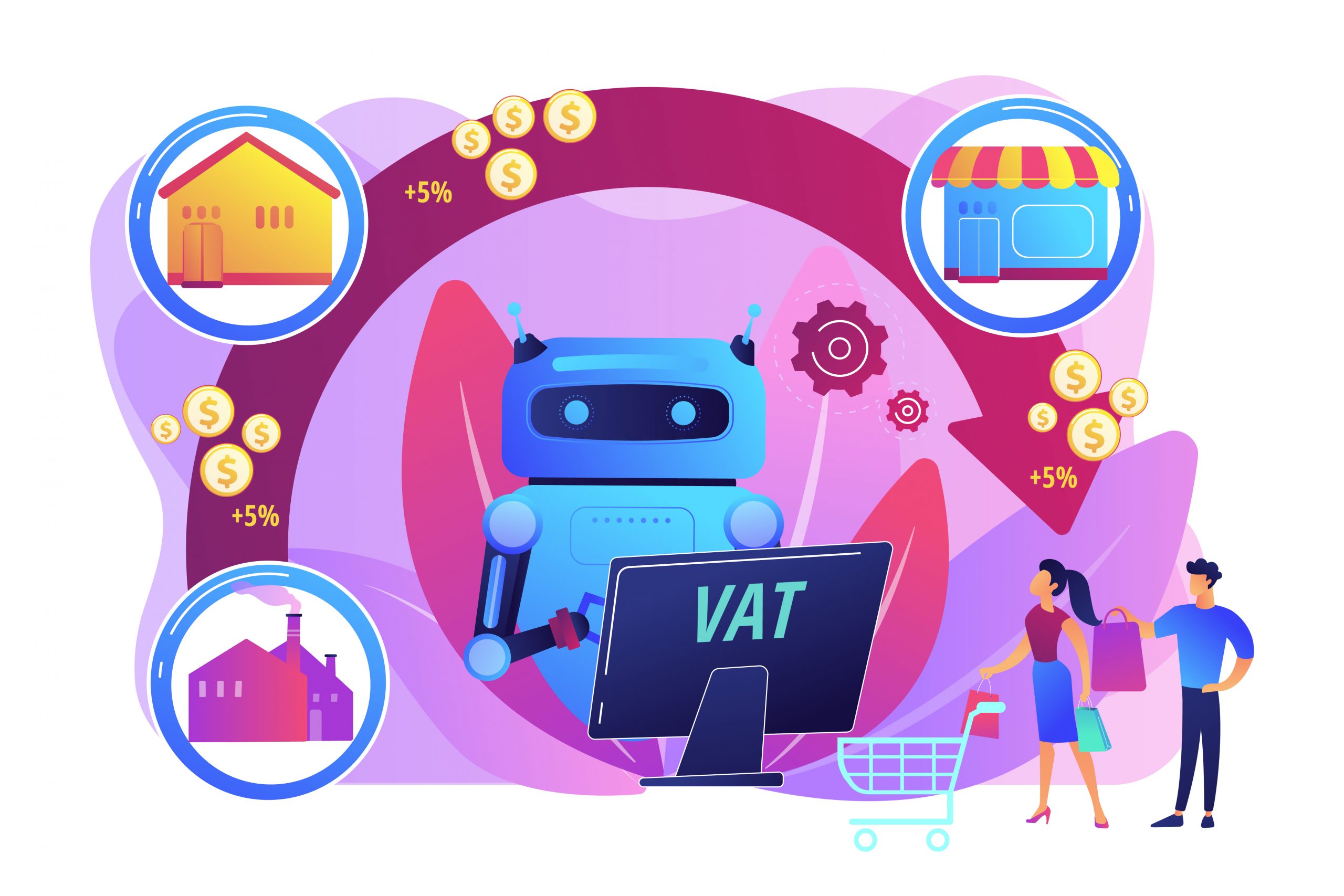As artificial intelligence (AI) continues to evolve, its impact on the e-commerce industry is becoming increasingly significant. AI in e-commerce offers a wide range of opportunities, from enhancing customer experiences to optimizing operations, but it also presents unique challenges. In this blog, we’ll delve into how AI is revolutionizing e-commerce and what businesses need to consider to make the most of this powerful technology.
1. Enhancing Customer Experience in E-commerce
One of the most notable opportunities for artificial intelligence in e-commerce lies in improving the customer experience. AI-powered tools such as chatbots, personalized recommendations, and virtual assistants provide customers with tailored interactions and support. For example, AI algorithms analyze browsing and purchasing behavior to offer product suggestions that align with individual preferences. This level of personalization not only enhances customer satisfaction but also increases conversion rates, making artificial intelligence in e-commerce a game-changer for online retailers.
2. Streamlining Operations and Inventory Management
Another significant advantage of artificial intelligence in e-commerce is its ability to streamline operations and manage inventory more efficiently. AI-driven analytics can predict demand patterns, helping businesses maintain optimal stock levels and reduce the risk of overstocking or stockouts. Additionally, AI can automate routine tasks such as order processing, reducing the likelihood of errors and freeing up staff to focus on more strategic activities. By leveraging AI in e-commerce, businesses can improve their operational efficiency and reduce costs.
3. Addressing Privacy and Security Concerns
While AI in e-commerce offers many benefits, it also raises privacy and security concerns that businesses must address. AI systems often rely on large amounts of data, including personal information, to function effectively. This data collection can lead to concerns about how the information is used, stored, and protected. To build trust with customers, e-commerce businesses must implement robust security measures and be transparent about their data practices. Ensuring compliance with regulations such as GDPR is also crucial in managing the risks associated with artificial inteeligence in e-commerce.
4. Overcoming the Challenges of AI Implementation
Despite its potential, implementing artificial intelligence in e-commerce can be challenging, especially for small and medium-sized businesses with limited resources. AI technologies can be expensive to develop and deploy, and they often require specialized expertise to manage effectively. Additionally, integrating AI into existing systems may involve significant changes to workflows and processes. To overcome these challenges, businesses should start with smaller AI projects that offer quick wins and scale up as they gain experience and confidence in the technology.
5. The Future of AI in E-commerce
The future of AI in e-commerce is full of possibilities, with emerging technologies such as AI-powered voice search, augmented reality (AR), and machine learning poised to further transform the industry. As these technologies continue to develop, e-commerce businesses will need to stay ahead of the curve by continuously innovating and adapting to new trends. By embracing artificial intelligence in e-commerce, companies can position themselves at the forefront of the digital marketplace and deliver superior value to their customers.
Conclusion
AI in e-commerce presents both exciting opportunities and significant challenges. By enhancing customer experiences, streamlining operations, addressing privacy concerns, and overcoming implementation hurdles, businesses can harness the power of AI to drive growth and innovation. As the e-commerce landscape continues to evolve, the role of AI will only become more critical. For more insights on the future of AI in e-commerce, visit Bedots.
Read more: E-commerce Fulfillment: Selecting the Best Strategy for Your Business



